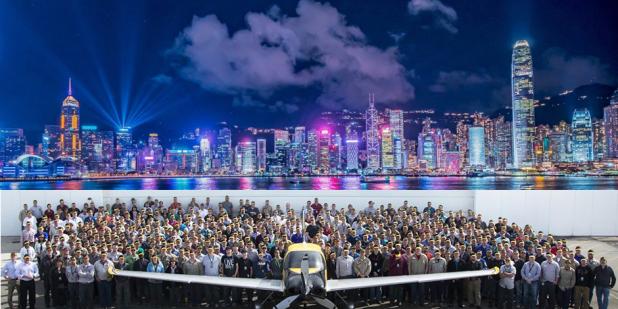Happy Lunar New Year from the USC US-China Institute!
A U.S. company, its Chinese owners and Hong Kong

Resources
To learn more about Hong Kong, check out USCI's "Looking at Hong Kong" page. Learn more about Hong Kong's shrinking autonomy here.
Pres. Biden and prominent cabinet officials met with their Chinese counterparts in San Francisco yesterday. Earlier USCI newsletters covering Janet Yellen's summer visit to China and Blinken's recent meeting with Xi for a deeper insight into the dynamics of the US-China relationship. Last week's newsletter examined ties between California and China.
Click here to subscribe to the USCI newsletter. It includes information about upcoming events, professional development opportunities, and quick looks at important issues in U.S.-China relations and trends in contemporary China. Previous issues are available here.
Featured Articles
We note the passing of many prominent individuals who played some role in U.S.-China affairs, whether in politics, economics or in helping people in one place understand the other.
Events
Ying Zhu looks at new developments for Chinese and global streaming services.
David Zweig examines China's talent recruitment efforts, particularly towards those scientists and engineers who left China for further study. U.S. universities, labs and companies have long brought in talent from China. Are such people still welcome?






